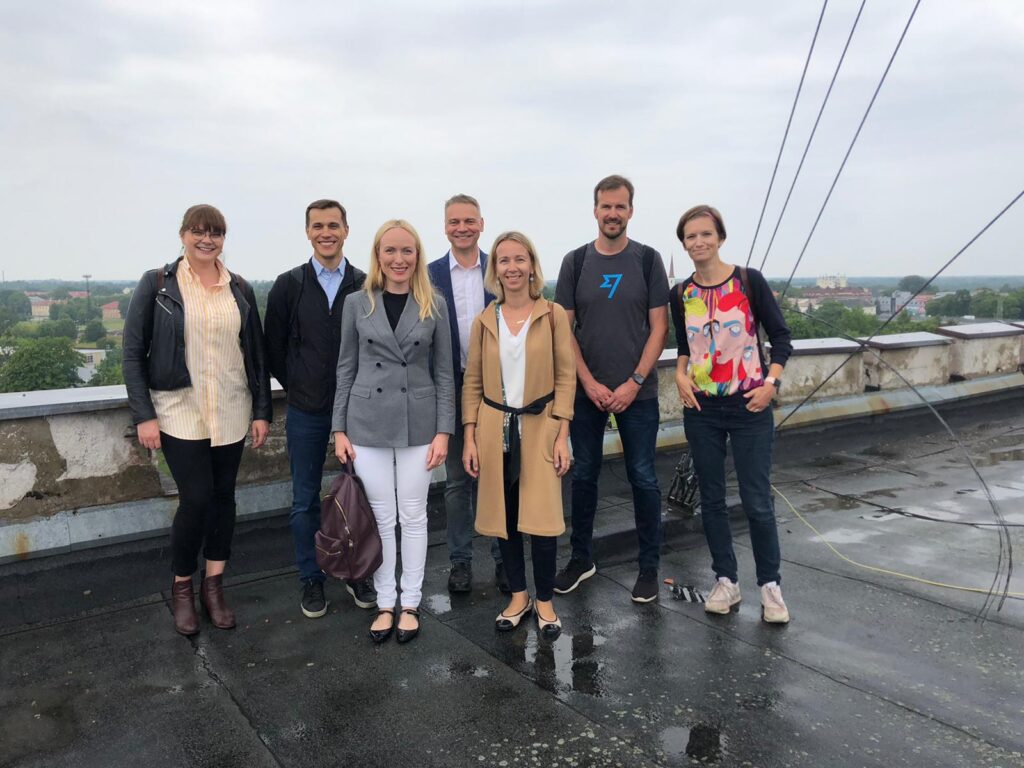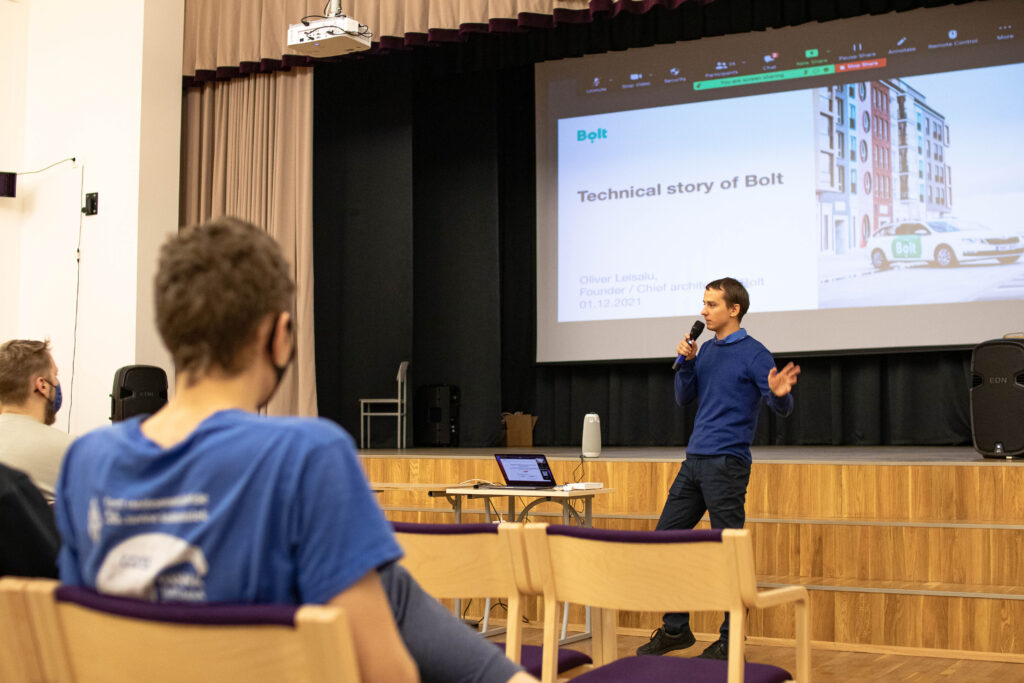Innovation in education – how?
We all know how the school system works – you go to school, sit in a class and listen. The person in front of the class explains different subjects to you and does it in their own manner. This is how it has worked for hundreds of years. Education has stayed the same over the years and hasn’t introduced any huge innovations in the field. The current system often feels like a single-speed, one-lane highway where everyone has to learn and understand things at the same time in the same way.
People, however, are different, that’s a fact. An adaptive and personalized education system is needed to bring out the highest level of potential from everyone. The traditional education system works, but it is not for everyone. This raises the question if we should keep on going in the same direction or move on to implement innovations in the field of education. This is the case especially in the tech sector, where we need to learn and adapt as quickly as possible to stay ahead in the game.
Learning to code nowadays is like learning a new language as it’s becoming an essential skill for everyone. A number of universities and vocational education schools in Estonia have IT-related courses and about 1500 students were accepted in the last year. However, the dropout rate is very high as the students find the curriculum too academic or not practical enough compared to what they expected as the study program is not as flexible and quick to react to innovation as the market is.
A real school needs teachers and classes, right?
Eight entrepreneurs from Estonia – Marek Kiisa, Taavet Hinrikus, Martin Villig, Rainer Sternfeld, Merlin Seeman, Maarja Pehk, Mari-Liis Kitter ja Ede Tamkivi, knew that the most important natural resource we have is what is between our two ears – our brain. But the way people use it differs and some conditions fit better than others, depending on the person.

This is where kood/Jõhvi comes in. These 8 innovative entrepreneurs brought to life a school that uses self-learning methodology to teach coding, one of the most important practical skills in today’s world. There are no classes or teachers, no tuition fee and even offers free accommodation. Just a very practical way of learning to code – nothing stays in the way of committing yourself full-time to learning something new and doing it at your own pace.
Key thing is that to apply to the school you do not need to show a straight-A report card, fancy resume or high-level programming skills. You just had to be 18, have basic education, and get through a 3-week testing period that pushed you straight into the world of coding with your peers. So, the school is essentially open for everyone if you’re willing to put in the effort.
The idea and initiative came from the startup sector. There is the need for more people with a set of tech skills in Estonia and instead of complaining about it, there is the need to find a solution to the problem. There will be jobs for these people in every possible sector. The partner companies from both the startup scene as well as the traditional economy are working together with the school to develop the program, teach the skills needed in the job market and eventually hire the graduates in high-paid jobs.

Coding is essential, but we are also making sure that the students learn a set of soft skills – communication, teamwork, and critical thinking. All of these combined with high-end coding knowledge opens a lot of doors in the world of today. All through peer-to-peer learning without sitting through a coding lecture.
*The original article came out in InvestInEstonia in September 2021.
By Karin Künnapas, Head of School at kood/Jõhvi